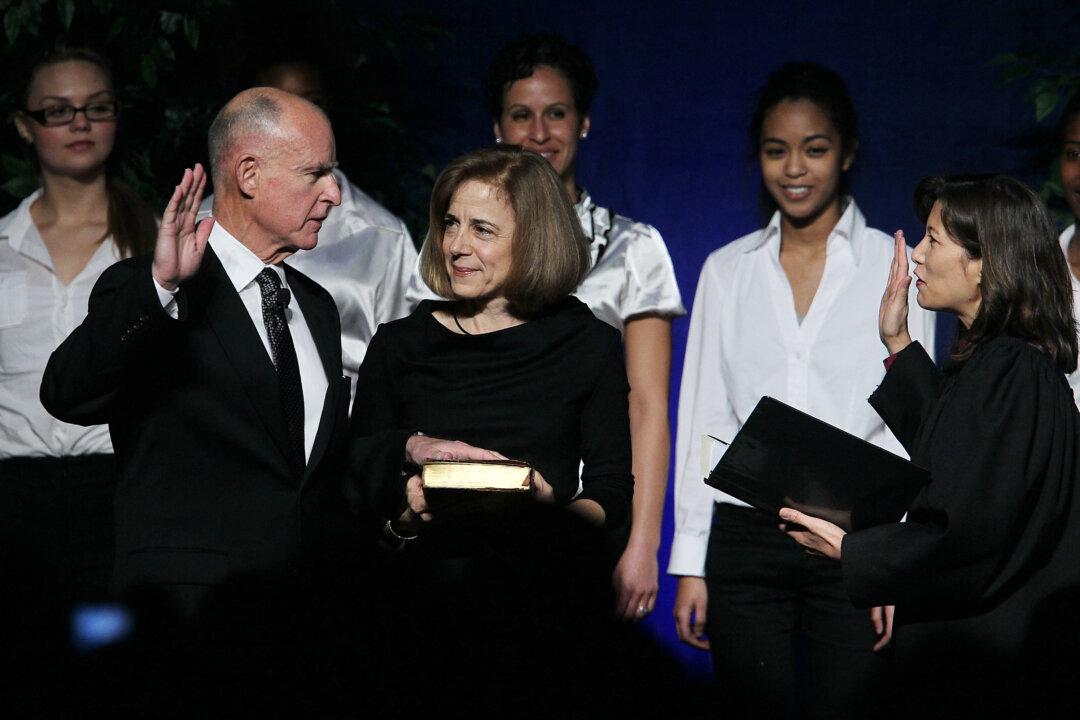California Chief Justice Tani Cantil-Sakauye announced that she left the Republican Party and switched to No Party Preference (NPP) after the Senate confirmed Brett Kavanaugh to the Supreme Court.
The 59-year-old judge had reportedly been thinking about making such a decision for a while before the Kavanaugh hearings, she said during a phone interview with CALmatters.





